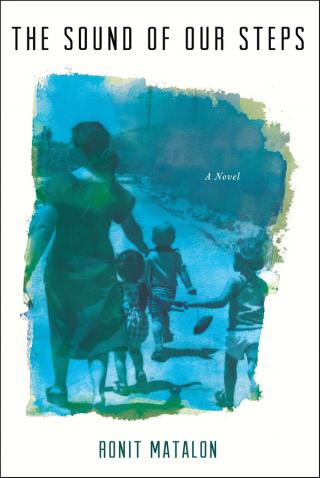
Аннотация
In the beginning there was Lucette, who is the mother to three children — Sammy, a gentle giant, almost blind, but a genius with locks; Corinne, a flighty beauty who cannot keep a job; and the child, an afterthought, who strives to make sense of her fractured Egyptian — Jewish immigrant family. Lucette's children would like a kinder, warmer home, but what they have is a government-issued concrete box, out in the thorns and sand on the outskirts of Tel Aviv; and their mother, hard-worn and hardscrabble, who cleans homes by night and makes school lunches by day. Lucette quarrels with everybody, speaks only Arabic and French, is scared only of snakes, and is as likely to lock her children out as to take in a stray dog. The child recounts her years in Lucette's house, where Israel's wars do not intrude and hold no interest. She puzzles at the mysteries of her home, why her father, a bitter revolutionary, makes only rare appearances. And why her mother rebuffs the kind rabbi whose home she cleans in his desire to adopt her. Always watching, the child comes to fill the holes with conjecture and story. In a masterful accumulation of short, dense scenes, by turns sensual, violent, and darkly humorous, The Sound of Our Steps questions the virtue of a family bound only by necessity, and suggests that displacement may not lead to a better life, but perhaps to art.
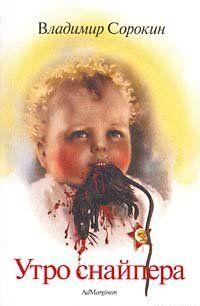
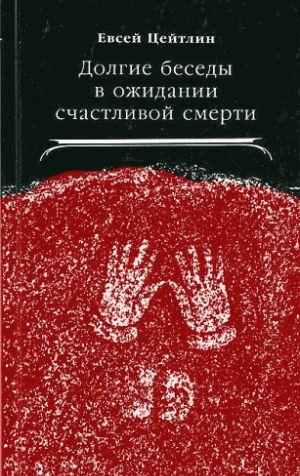
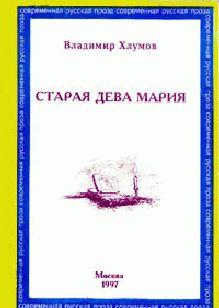
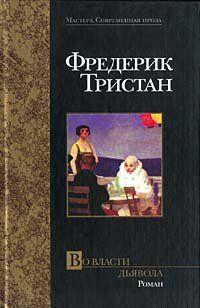

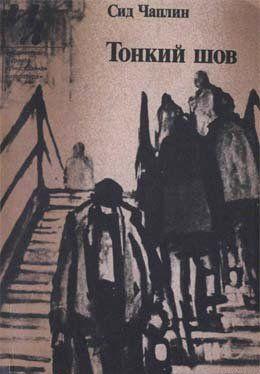
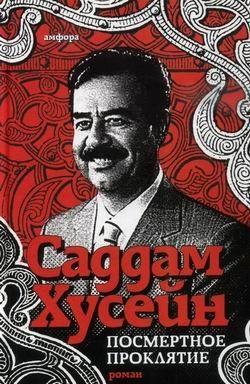

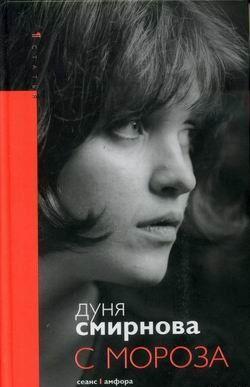
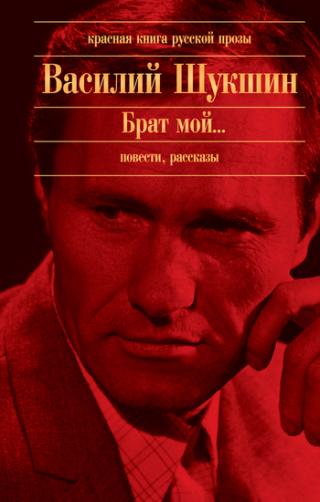
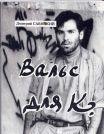

Комментарии к книге "The Sound of Our Steps"